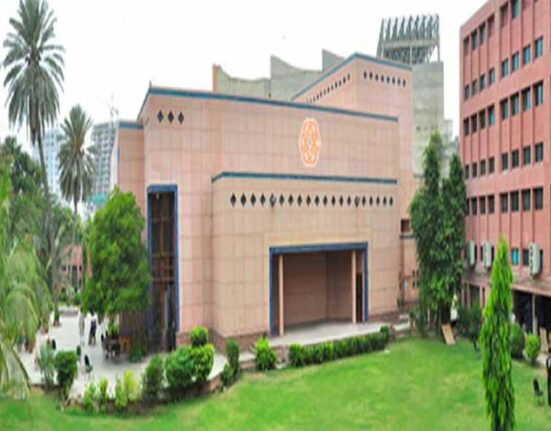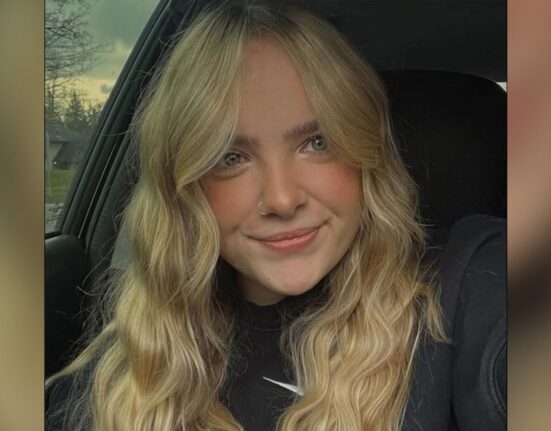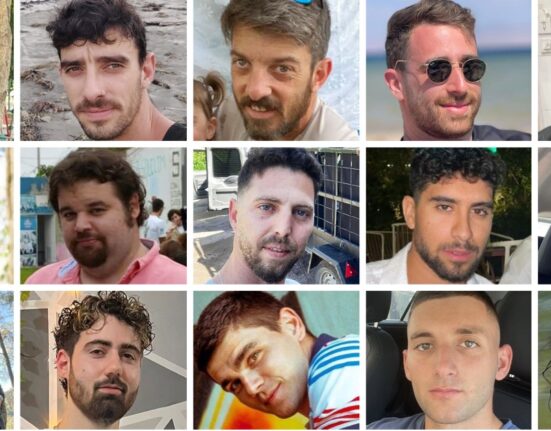As the remaining 20 living hostages return to Israel after enduring 737 days in captivity in Gaza, the focus will be on their recovery and rehabilitation.
The condition of the 20 hostages – all men aged to 21 to 48 – is unknown but Israel’s foreign ministry said that Alon Ohel, 24, had suffered serious injuries, including the loss of vision in one eye.
The hostages were on Monday handed over to the Red Cross in Gaza before being driven to the Re’im military base in southern Israel to be reunited with their families and undergo an initial medical evaluation. Helicopters were prepared to airlift them to one of three Israeli hospitals – Sheba, Ichilov and Rabin – for further treatment if necessary.
Some earlier freed hostages appeared gaunt and weak, and doctors have warned of their complex psychological and medical needs. Groups representing hostages and their families have stressed that both – including the families of the deceased – will need ongoing medical, psychological and social rehabilitation.
Prof Hagai Levine, who is head of the health team for the hostages’ families, said on Monday that he had repeatedly warned of the “grave danger” for the health of the hostages and their families.
“We now hope that, with the return of all of the hostages, we can begin a process of full rehabilitation – for the survivors of captivity, for the families, and for society as a whole. Medical, psychological, and social rehabilitation is a long and complex process that requires responsibility, coordination and cooperation,” he said in a statement.
The Rabin medical centre in Petah Tikva, a city north-east of Tel Aviv, has established a Returning Hostages Unit after treating former captives released in exchanges in January and February, including Omer Shem Tov and Eliya Cohen, who were abducted from the Nova music festival. The department did not exist prior to Hamas’s 7 October attack.
The hospital, Israel’s second largest, has said every hostage receives care from a wide range of specialists including physiotherapists, speech and occupational therapists, psychologists and nutritionists. It added that the families of the hostages are offered rooms in the unit.
The Israeli government has also prepared welcome kits for each returnee with handwritten messages from the prime minister, Benjamin Netanyahu, and his wife, Sara. The kits include clothing, personal equipment, a laptop and a mobile phone.
Experts at hospitals that have treated hostages stress that rehabilitation is a long process and that complications may arise months or even years later. Rabin said it had established Israel’s only long-term Hostages Rehabilitation Unit and that medical teams have continued to support the hostages and their families even after discharge.
The British-Israeli hostage Emily Damari, who was freed in January, told the New York Times that she faced months of rehabilitation in hospital and at a halfway hotel, and surgery for the wounds she sustained when she was abducted. Romi Gonen, who was taken from the Nova music festival, has also had surgery since her release.
A spokesperson at Sheba, which is reportedly preparing to receive 10 hostages, said the rehabilitation process was long. “Once the hostages are returned, they are reunited with their families first, and then they will go through a series of medical examinations and it could take a long time because they’ve been in captivity for two years.
“We’re going to take our time. They can stay at Sheba for as long as they need, for any of the medical or psychological care that they will need going forward.
“We’re not going to push them at all. We never do that. The most important thing is to reintegrate them with their families, society, and whatever they need we will give them, all of the amenities of home – good food, relaxation – and that’s all in between the medical examinations that they will have.”
After they are discharged from hospital, the hostages, some of whom lost their homes in the 7 October attacks, can begin to rebuild their lives.
“The process does not end with release – it begins with it,” the Hostages and Missing Families Forum said in a statement on Monday. “After two years under inhumane conditions of starvation, deprivation of medical care, isolation, violation and abuse, they now need medical care, close supervision, and peace – and above all, the restoration of their identity as people, not as ‘hostages’.
“Their bodies and minds have endured prolonged injury, and their treatment must take place in a safe, calm, and respectful environment.”











Leave feedback about this